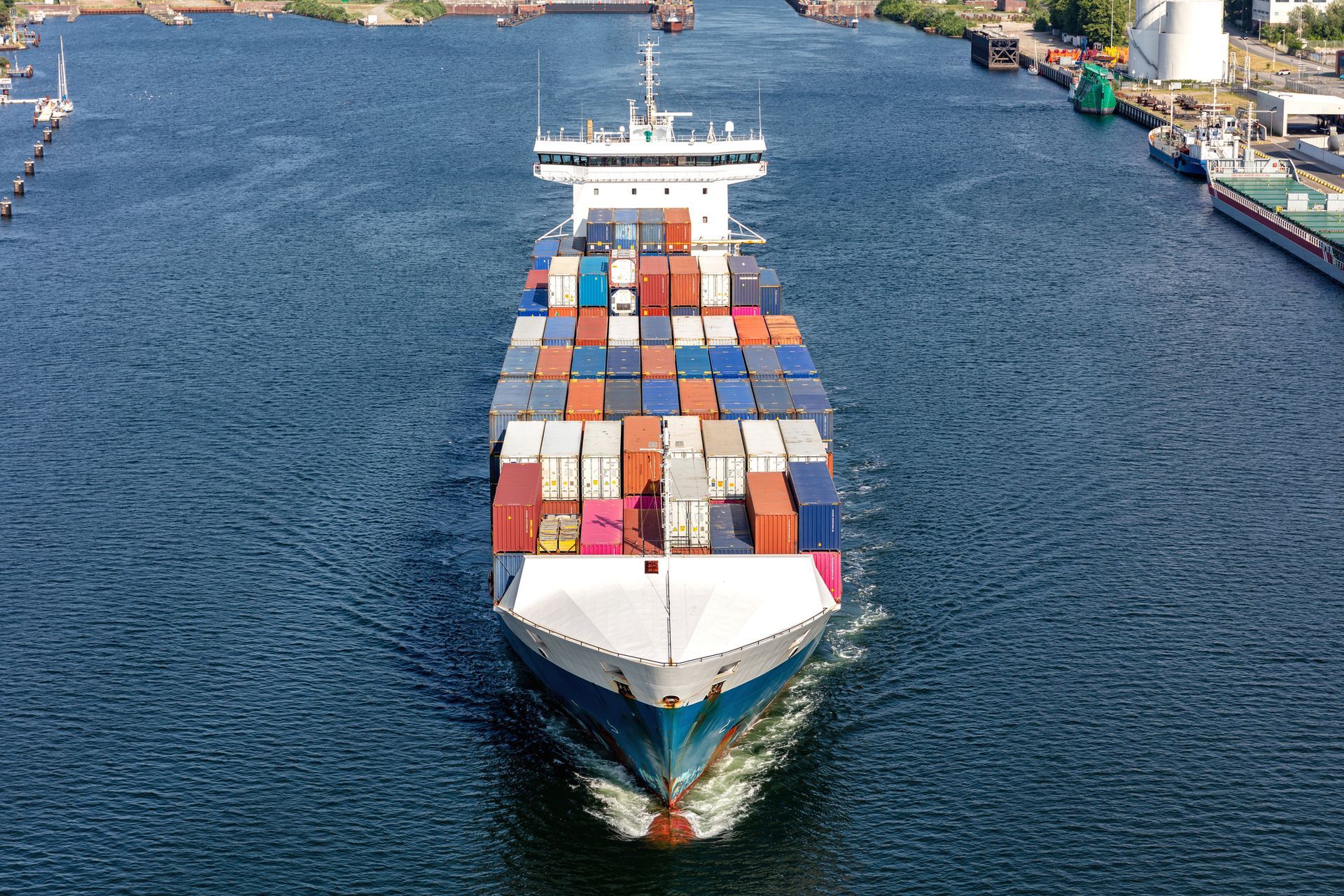
Customs brokers are essential professionals in international trade, acting as intermediaries between companies and government agencies responsible for customs control.
They represent importers, exporters, and other stakeholders in international trade operations, ensuring that all stages of the process comply with current regulations.
Their role ranges from declaring imports and exports in systems such as Siscomex and the Single Window to applying for licenses from regulatory bodies like ANVISA, INMETRO, and MAPA.
The Importance of a Customs Broker Goes Beyond Legal Representation
They are responsible for ensuring that international trade operations are conducted safely, efficiently, and legally. This includes verifying documents, classifying goods for tax purposes, calculating taxes, and overseeing the entire customs clearance process.
In a country like Brazil, where bureaucracy is significant, these professionals play a crucial role in preventing fines, delays, and other setbacks that could negatively impact import and export operations.
The Role of an NVOCC in International Trade
The NVOCC (Non-Vessel Operating Common Carrier) is becoming an increasingly relevant player in international trade, especially in maritime cargo transportation.
Unlike traditional shipping companies, the NVOCC does not own vessels but acts as a cargo consolidator, offering logistics services that include grouping shipments from different clients into a single container.
This method, known as LCL (Less than Container Load), is particularly advantageous for businesses importing or exporting small quantities of goods, as it helps reduce costs and optimize container space. The NVOCC serves as an intermediary between clients and shipping companies, managing the entire transportation process, from cargo collection in the country of origin to final delivery.
This includes container stuffing, transshipment at intermediate ports, cargo deconsolidation, and final delivery to customers.
Additionally, the NVOCC is responsible for all the necessary documentation for international transport, ensuring compliance with regulations in each country involved in the operation.
Benefits of an NVOCC for Customs Brokers
The partnership between customs brokers and NVOCCs can bring numerous benefits to both parties, particularly in terms of efficiency and cost reduction in foreign trade operations.
For customs brokers, the NVOCC provides support in complex processes such as cargo consolidation and document management, allowing them to focus on their core responsibilities, such as tax classification and customs clearance monitoring.
One of the main advantages of this partnership is cost reduction for customs brokers' clients.
By consolidating shipments from different companies into a single container, the NVOCC enables shared freight costs, making maritime transport a more affordable option for small and medium-sized importers.
Furthermore, the NVOCC handles all logistics, including stuffing and deconsolidation of cargo, which reduces the workload for customs brokers and speeds up the customs clearance process. The NVOCC is also responsible for all necessary documentation for international transport, including issuing Bills of Lading (B/L).
Why Invest in Strategic Partnerships with NVOCCs?
Investing in strategic partnerships with NVOCCs can be a competitive advantage for customs brokers, especially in an increasingly globalized and competitive market.
Collaboration between these two entities creates a more efficient and integrated logistics chain, where each party contributes its expertise to ensure the success of international trade operations.
One of the key benefits of this partnership is time optimization.
With the NVOCC managing transportation logistics and documentation, customs brokers can focus on their primary activities,
such as tax classification and customs clearance monitoring.
This not only increases process efficiency but also allows brokers to serve more clients, boosting their profitability.
Additionally, partnering with an NVOCC enhances the security and reliability of operations.
The NVOCC ensures that goods are transported safely and in compliance with international regulations, reducing the risk of damage, theft, and other issues that could negatively impact foreign trade operations.
This is particularly important in a landscape where cargo security is a constant concern for importers and exporters.
Finally, partnering with an NVOCC can provide a competitive edge for customs brokers.
By offering a more comprehensive and integrated service, brokers can differentiate themselves in the market, attract more clients, and strengthen their reputation as reliable and efficient professionals. This is especially relevant in a market where service quality is a decisive factor in choosing a customs broker.
Conclusion
The partnership between customs brokers and NVOCCs is a powerful strategy to optimize foreign trade operations, reduce costs, and increase efficiency.
By combining the customs expertise of brokers with the logistics capabilities of NVOCCs, a more integrated and efficient supply chain can be created, benefiting both professionals and their clients.
If you are a customs broker or a freight forwarder, consider investing in strategic partnerships with NVOCCs to elevate your service quality and stand out in the market.
Continue a navegar no blog da Allink

Mantenha-se informado sobre o comércio exterior
Assine nossa newsletter e receba atualizações semanais de forma gratuita sobre o mundo da logística.




